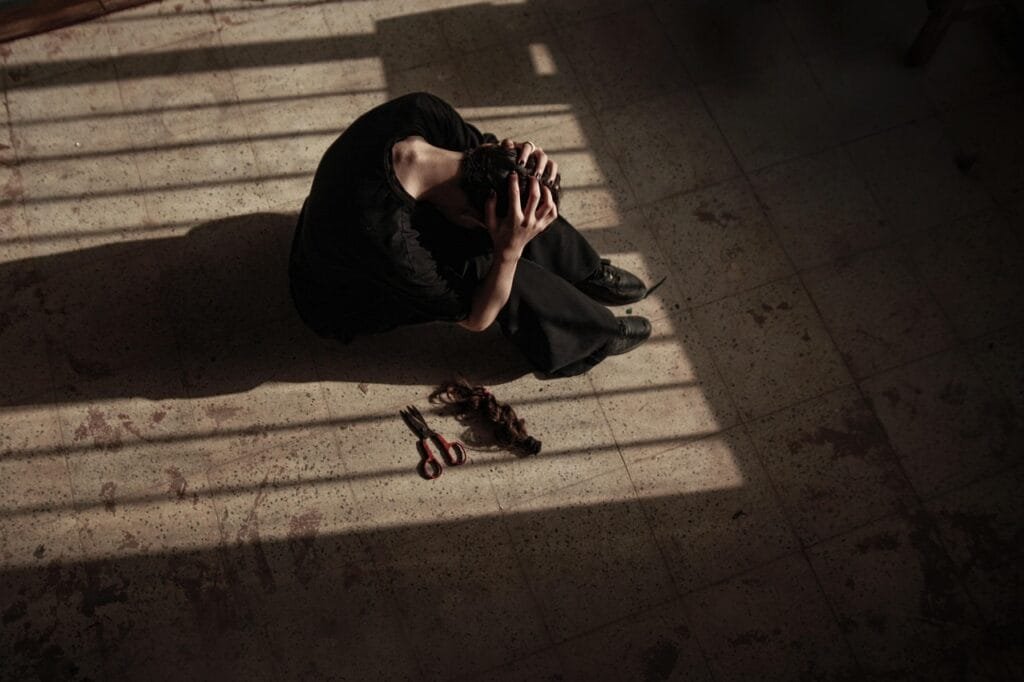Faith and science
Faith and Science – A Contradiction?
Are faith and science inevitably in conflict? Many people see an irreconcilable divide between the statements of the Bible and the theories of modern science. Yet upon closer examination, the picture is not so clear-cut.
Many scientists do not rule out the possibility of a Creator—some even consider it the most plausible explanation for the origin and order of the universe. Issues such as the fine-tuning of the laws of nature, the origin of life, or the question of how “everything came from nothing” push even researchers to the limits of what purely natural explanations can achieve.
This is not about rejecting all scientific knowledge, but about acknowledging that there are many areas we cannot yet fully explain. It is, therefore, far from unreasonable to be open to the idea that an intelligent cause stands behind it all.
The Limits of Science – and What They Could Mean for Faith
Modern science has vastly expanded our understanding of the world—from the smallest particles to the most distant galaxies. Yet despite all progress, researchers repeatedly encounter questions that cannot be answered by measurements, formulas, and billions of years alone.
Many scientists consider it possible that these questions may never be fully answered—at least not without a cause beyond the material world. For many, the idea of an intelligent Creator, outside of space, time, and matter, is therefore not just a matter of faith, but also a logical option.
Perhaps faith in God is not the opposite of science, but an answer to what we cannot yet—or may never—explain through science alone.
The Mystery of the First Cell
How did the first living cell emerge from non-living matter? This remains one of science’s greatest enigmas. A single cell is a micromanaged universe of complexity, where hundreds of interdependent processes must function in perfect harmony just to sustain life. For many scientists, the odds of this intricate system arising purely by chance—even across billions of years—strain credibility.
The origin of life is just one of many mysteries that point beyond a purely material explanation. While science offers theories for many natural processes, the most profound questions—about consciousness, information, and cosmic fine-tuning—remain open. It’s at these boundaries of knowledge that many reasonable people, including scientists, see the compelling possibility of a purposeful Intelligence behind the universe.
„We have only two possibilities: Spontaneous generation, or a supernatural creative act of God. I will not accept that philosophically because I do not want to believe in God. Therefore I choose to believe in that which I know is scientifically impossible: spontaneous generation leading to evolution.“
George Wald, biologist and Nobel Prize winner
“Imagine a junkyard containing all the pieces of a Boeing 747, scattered and disassembled. Now imagine a whirlwind sweeping through the yard. What are the chances that, after it passes, a fully assembled, flight-ready 747 would be found standing there? The probability is so small as to be effectively zero — even if such a tornado were to blow through enough junkyards to fill the entire universe.”
Sir Fred Hoyle, British astronomer and mathematician
“All of us who study the origin of life find that the more we look into it, the more we feel it is too complex to have evolved anywhere. And yet we all believe — as an article of faith — that life evolved from dead matter on this planet.”
Harold C. Urey, chemist and Nobel laureate
Conclusion: Where Knowledge Meets Faith
No one has a 100% proven theory for the ultimate origin of everything—life, consciousness, or the cosmos itself. All of us, whether secular or religious, ultimately place our faith in a starting point beyond total proof.
Christianity welcomes sincere questions. Followers of Jesus have diverse views on how to read Genesis or engage with scientific models. But the core of Christian faith doesn’t rest on a particular interpretation of creation—it stands or falls on the historical person of Jesus Christ.
His resurrection is the ultimate historical claim. If Jesus truly rose from the dead, then his identity as the Son of God is confirmed. Everything he said about God, life, forgiveness, and purpose can be trusted.
That’s why the question isn’t just “What do you believe about science?” but “Who do you believe Jesus is?”
You can investigate the historical evidence. You can explore the testimony of his earliest followers, who died for their eyewitness claim that they saw him alive. And you can ask the living God to reveal himself to you today.
Your journey might start with a simple prayer like this:
“Jesus, if you’re real—if you really died on the cross for my sins and rose from the dead—show me who you are. I’m opening my life to you.”
Take a step. Talk to someone who follows him. Read one of the Gospels. John is a great place to start, because it really focuses on Jesus.

Why Is There Suffering and Evil in the World?
Wars, disease, injustice—if God is good, why does he allow it? The Bible doesn’t shy away from this difficult question but offers a perspective that provides profound hope, even in our deepest pain.